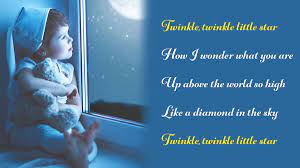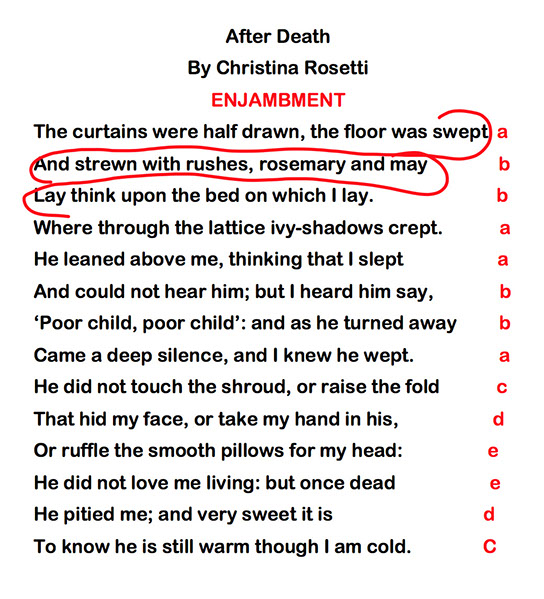Poetry Terms
1/41
There's no tags or description
Looks like no tags are added yet.
Name | Mastery | Learn | Test | Matching | Spaced | Call with Kai |
|---|
No analytics yet
Send a link to your students to track their progress
42 Terms
line
a fundamental unit, carrying meaning both horizontally and vertically
stanza
a grouping of lines that forms the main unit of a poem
quatrain
a four line stanza/unit of four lines of verse
octave
eight line stanza (petrarchan sonnet), usually in iambic pentameter
sestet
six line stanza/final six lines of a petrarchan sonnet
refrain
a phrase, line, or set of lines (usually at the end of stanza) repeated at intervals throughout poem

couplet
two line stanza
closed form
fixed structure/pattern
free verse
open form of poetry not dictated by an established form/meter
meter
measured patterns of rhythmic accents in a line of verse
rhyme
correspondence of sounds in words/lines of verse
syntax
arrangement of language/order of words to convey poem’s content
sonnet
14 line poem written in iambic pentameter
enjambment
continuation of sentence/clause across one poetic line break

iambic pentameter
a rising meter form consisting of five pairs of unstressed and stressed accented syllables (five sets of 2 syllables)
connotation
implied/suggested meaning associated w word/phrase
denotation
dictionary meaning of word
diction
choice and use of words and phrases in speech/writing
symbol
object/action that stands for something beyond itself
imagery
language in poem representing one of the five senses
simile
such as, like, as
metaphor
states one object is another object
personification
giving inanimate objects human-like qualities
allusion
a reference to a person, event, literary work outside of the poem
hyperbole
exaggeration for emphasis
tone
conveys author’s attitude toward the subject, speaker, or audience of poem
alliteration
repetition of consonant sounds
assonance
repetition of similar vowels/sounds
irony
contradictions of expectations/knowledge + divided into three types (verbal, situational, dynamic)
paradox
situation/phrase that appears to be contradictory but also contains some measure of truth
juxtaposition
fact of two things being seen/placed close together w contrasting effect
antithesis
literary device that positions opposite ideas parallel to each other
elision
omission, usually by an apostrophe of an unstressed vowel to preserve the meter of a verse - ever + e’er
allegory
narrative/visual representation w an underlying meaning, moral message, political significance
caesura
pause for a beat in the rhythm of a verse, indicated by a line beak/punctuation using by a hyphen
anaphora
technique in which successive phrases/lines begin w the same words, resembling a litany
chiasmus
identical words/phrases that repeat in reversed order
pun
play on words/humorous use of a single sound/word w two or more implied meanings
repetition
repeating same word/phrase
ambiguity
quality of being open to more than one interpretation
synecdoche
part represents a whole
metonymy
substitute name of thing